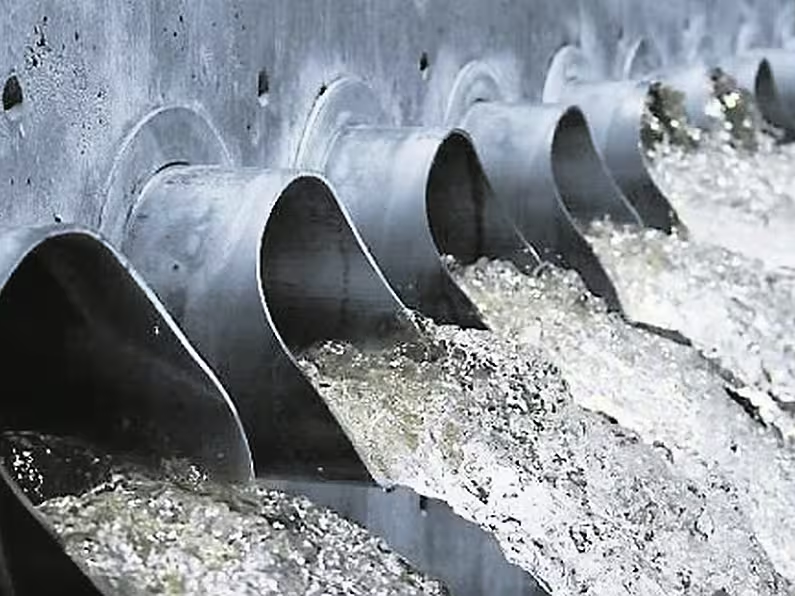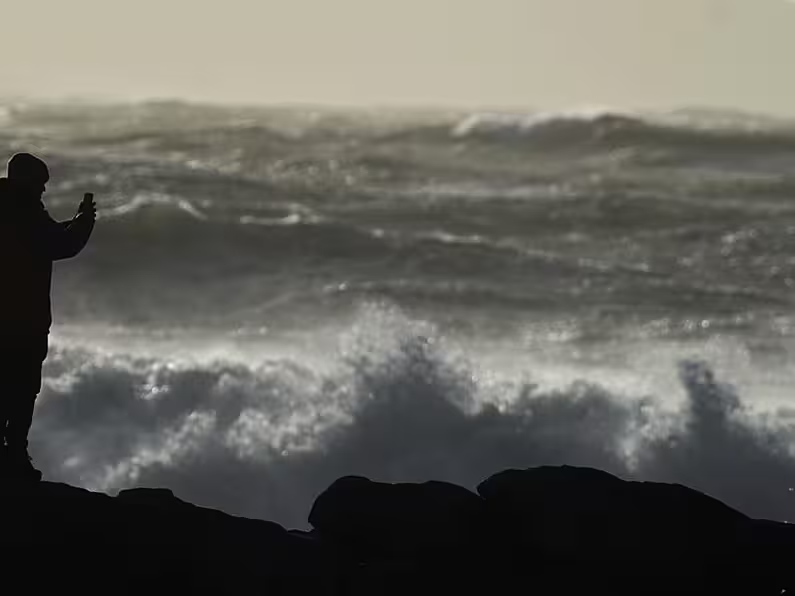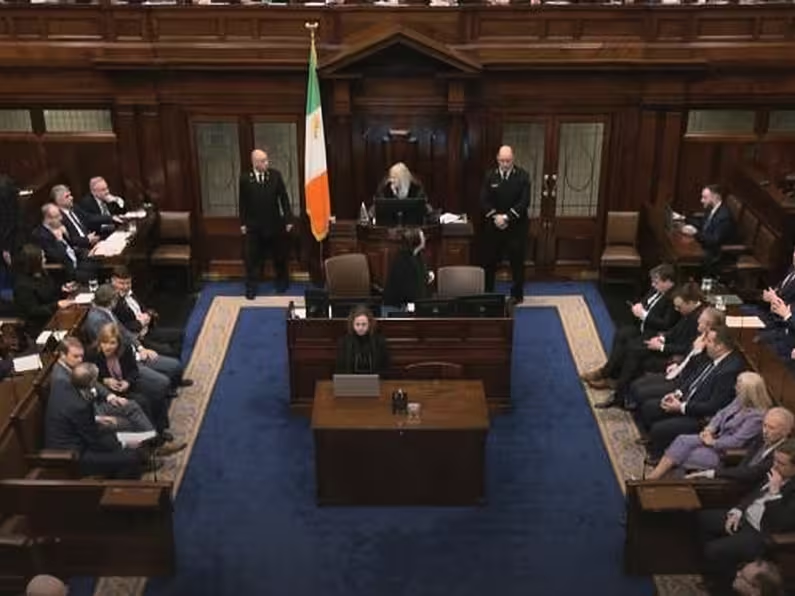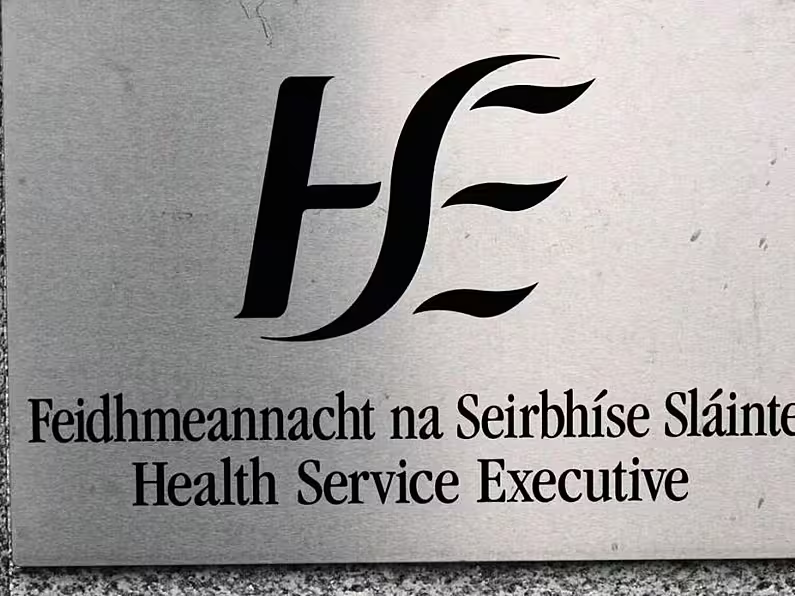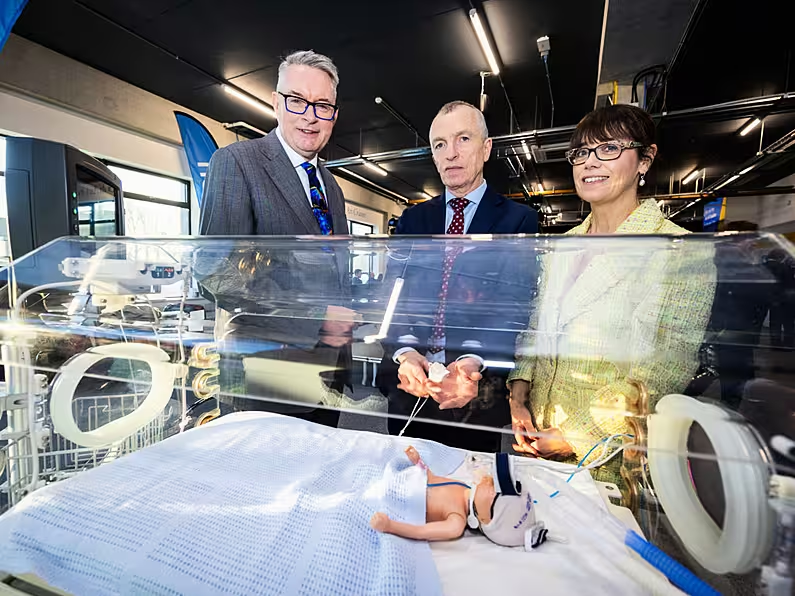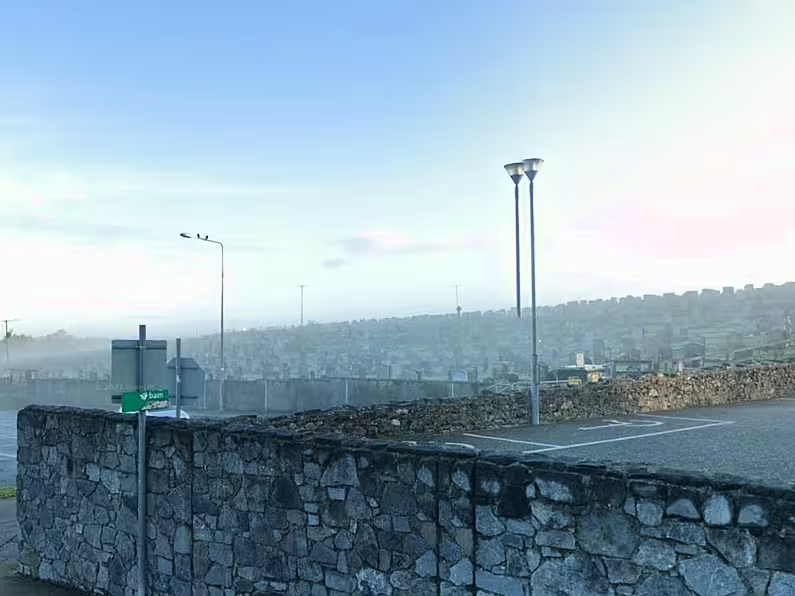Digital Desk Staff
Irish Water has "no clear action plan" to deal with concerns arising from the 34 towns and villages which continue to discharge raw sewage into the environment every day.
A new report from the Environmental Protection Agency (EPA) has criticised the slow progress made by Irish Water in carrying out essential improvements in wastewater treatment.
As the Irish Examiner reports, the agency said repeated delays in providing treatment in many areas were a significant concern as the delays prolong risks to both the environment and public health.
In its report on Urban Waste Water Treatment in 2020, released on Wednesday, the EPA said it required Irish Water to improve treatment at 97 priority areas.
Ten of the towns and villages in question are not scheduled to receive treatment until 2025 and two are likely to continue discharging untreated sewage until 2027.
The report states: "Even when funding is available, for example, to stop discharges of raw sewage, Irish Water has repeatedly revised and extended the timeframes to provide treatment."
The EPA said the delays were unacceptable and called on the water utility to provide site-specific action plans and timeframes to carry out the necessary work.
12 of Ireland’s large towns and cities failed to meet waste water treatment standards set to protect our environment. These areas generate half of Ireland’s waste water. See our 'Urban Waste Water Treatment in 2020' report here https://t.co/d4UrshZBhC. #EPAoee pic.twitter.com/6q8GuiKqf1
— EPA Ireland (@EPAIreland) November 3, 2021
Just under 60 per cent of improvement works that were due to be carried out by the end of 2020 have been completed, with 230 individual works more than five years overdue.
Based on current investment levels and rates of delivery, the EPA estimates it will take two decades to fix all of the problems identified.
It is 15 years since the European Union introduced mandatory standards for the treatment of wastewater in large urban areas, and Ireland failed to comply with those standards in 12 areas in 2020.
Five areas in Cork fail to comply with standards
Five of these areas are located in Co Cork – Cork City, Cobh, Ringaskiddy-Crosshaven-Carrigaline, Rathcormac, and Mitchelstown – however, Cobh has since been connected to a treatment plant.
Of the remaining areas three are in Co Clare (Shannon, Ennis South and Lahinch), two are in Dublin (Ringsend and Malahide) and one is in Wicklow (Arklow).
Among the 12 areas which failed to comply with EU standards is the Ringsend treatment plant in Dublin, which is a particular cause for concern as almost half of Ireland's urban wastewater was conveyed here for treatment last year.
A major upgrade and expansion of the Ringsend plant is ongoing and is expected to be completed in 2025.
Wednesday's report warned that Ireland risks substantial fines from the Court of Justice of the European Union unless improvements are not completed promptly.
Lack of investment
Responding to the report, Niall Gleeson, Managing Director of Irish Water, commented that a sustainable and functioning wastewater network is critical in order to protect the environment and support housing. He said the organisation is working to ensure this can be delivered.
“Irish Water is working closely with the EPA and our other partners, including local authorities, to ensure this can be delivered in the most efficient and sustainable way through the use of cutting edge technologies, science and engineering expertise, and meaningful engagement with local communities around Ireland,” Mr Gleeson said.
“There is no doubt that challenges remain. Much of the infrastructure for safely collecting and treating wastewater around the country has suffered from decades of under-investment.
“And in some instances planning and other statutory processes, which are outside Irish Water’s control, have impacted on delivery timelines.
“But Irish Water has a plan in place to address these challenges, and we are making real progress. Continued investment will be required in the coming years to build a modern, fit-for-purpose wastewater network, but we are confident that we are on track to achieving that aim.”



